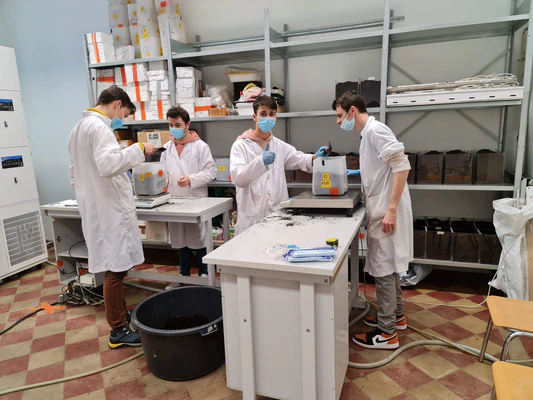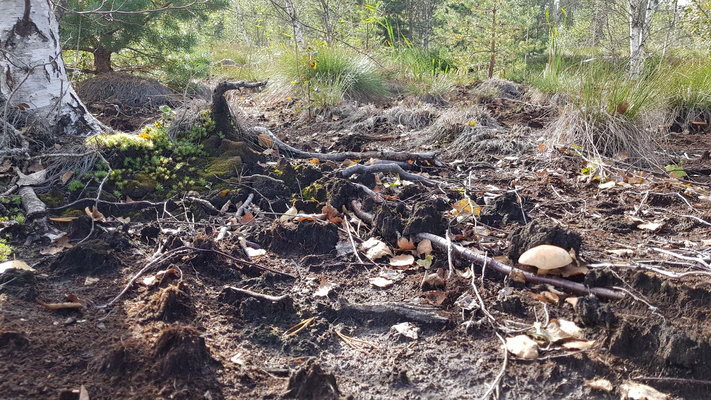Introduction
Root Ecology Group focuses on belowground processes in different ecosystems. The group investigates how biogeochemical cycling of carbon, nutrients, and water is influenced by climate, nutrient availability, water, and anthropogenic disturbance regimes. The ongoing research projects involve basic analyses of plant root traits, root-rhizobiome interactions and dynamics, and measurements of belowground biomass, production, and turnover for quantifying pools and fluxes of carbon and nutrients in the soil.
In the light of climate change we investigate the impact of potential asynchrony in above- and belowground phenology of plants and its effects on root- rhizobiome functioning, belowground nutrient cycles, and the implications on ecosystem carbon budget, both on short and long timescales. We explore scales ranging from microbial communities to the whole ecosystem and we invoke tools from a wide range of disciplines, including ecosystem ecology, ecophysiology, microbial ecology, and soil science. We implement machine learning tools for studying plant root growth dynamics in real time, and we also developing innovative solutions and novel methodologies in the field of belowground research.
Team is led by Professor Ivika Ostonen-Märtin.




